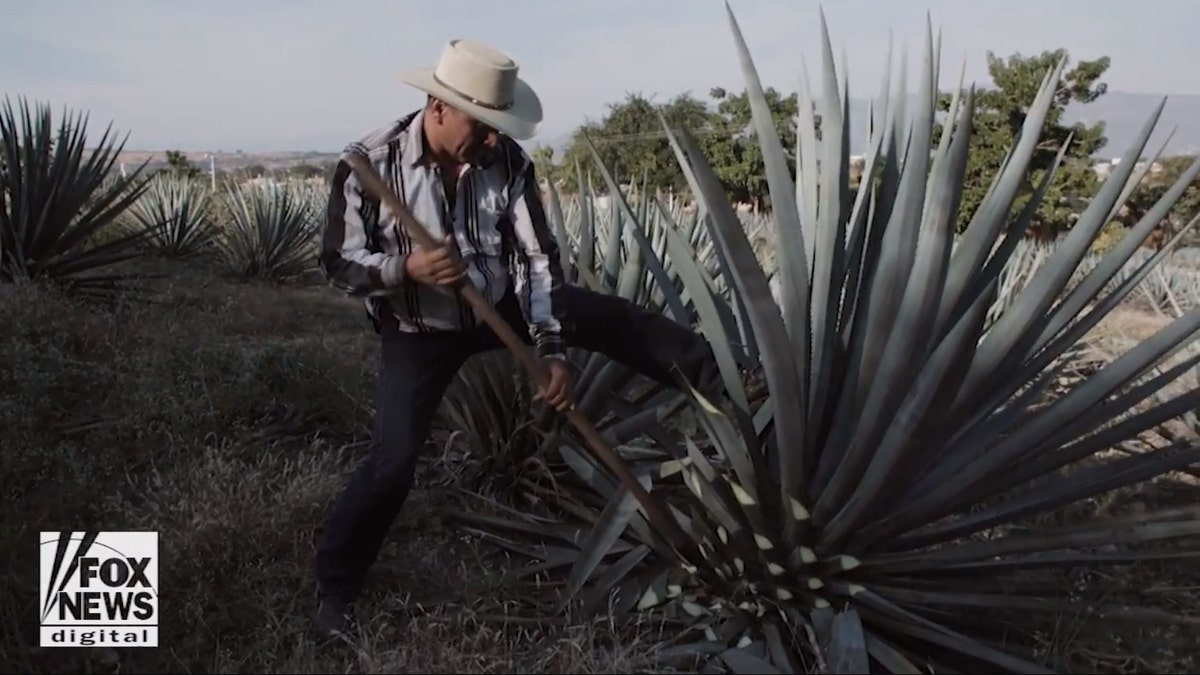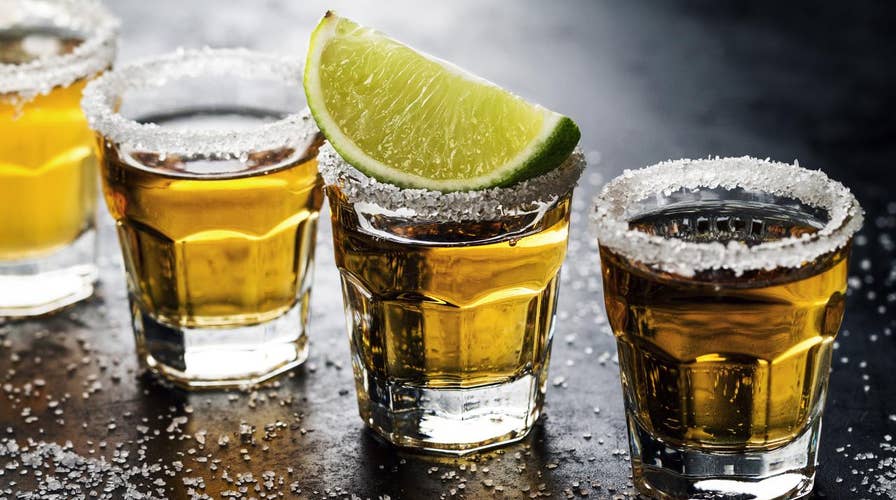Origins of tequila: History of Mexico's favorite spirit
Americans celebrate Cinco de Mayo with Mexican-flavor, including drinking the popular spirit tequila. But tequila expert, Guillaume Cuvelier, the co-owner of the brand Astral Tequila shares the rich history of the tasty drink. Salud!
As the old saying goes, “One tequila, two tequila, three tequila, floor.” But before they hit "floor," most tequila fans would likely be curious to know where their favorite spirit actually comes from, especially on National Margarita Day.
To answer that question, Fox News consulted Guillaume Cuvelier, tequila expert and co-owner of Astral Tequila, and he took us all the way back to the 16th century.
“The Scotch were distilling Scotch, the French were distilling cognac, the Russian and the Scandinavian folks were distilling vodka, the Spanish were distilling grapes to make brandy, and the Mexican people started to distill the agave plant to make mezcal," said Cuvelier.
PICS: JACK DANIEL'S SAYS COMPANY IS USING A LOOK-A-LIKE BOTTLE
Cuvelier steered tequila’s history to the Spanish conquistadors who, he explained, “ran out of brandy, which is a problem when you have an army of thirsty soldiers, so they wanted to drink something, and discovered mezcal.”
So, are tequila and mezcal the same thing? Not quite.

Tequila production is now confined to certain locations in Mexico — and only from distillers who use Blue Weber Agave plants. Anything else is a mezcal.
“All tequilas are mezcal, but not all mezcals are tequila,” said Cuvelier. More specifically, it works like this: Mezcals can be made anywhere in Mexico from multiple agave plants, but tequila can only be made from the Blue Weber Agave plant. Therefore, all tequila is technically mezcal, but only mezcals that are made to certain specifications — and with a specific agave plant — can call itself tequila.
Tequila production is also confined to certain locations in Mexico, including the Mexican state of Jalisco and particular municipalities in the states of Tamaulipas, Nayarit, Michoacán, and Guanajuato, according to Cuvelier.
BOB DYLAN RELEASING OWN LINE OF 'HEAVEN'S DOOR' WHISKEY
There's one other qualifier for a great tequila, according to the Astral co-owner: "One of the things critical in the making of tequila is a the roasting of the agave.”
To see more about the process, along with Guillaume Cuvelier’s full interview, watch the video above. (And beware of that pesky floor, while you're at it.)





















